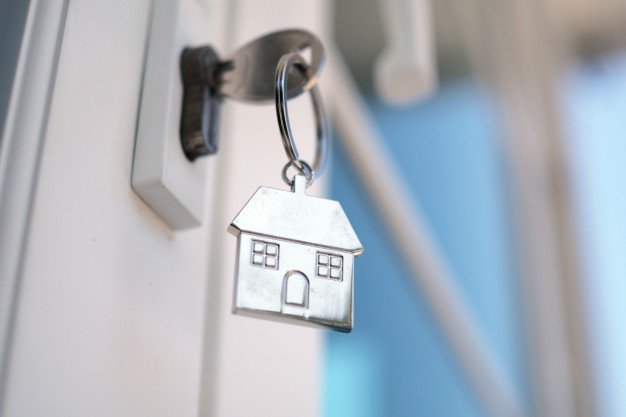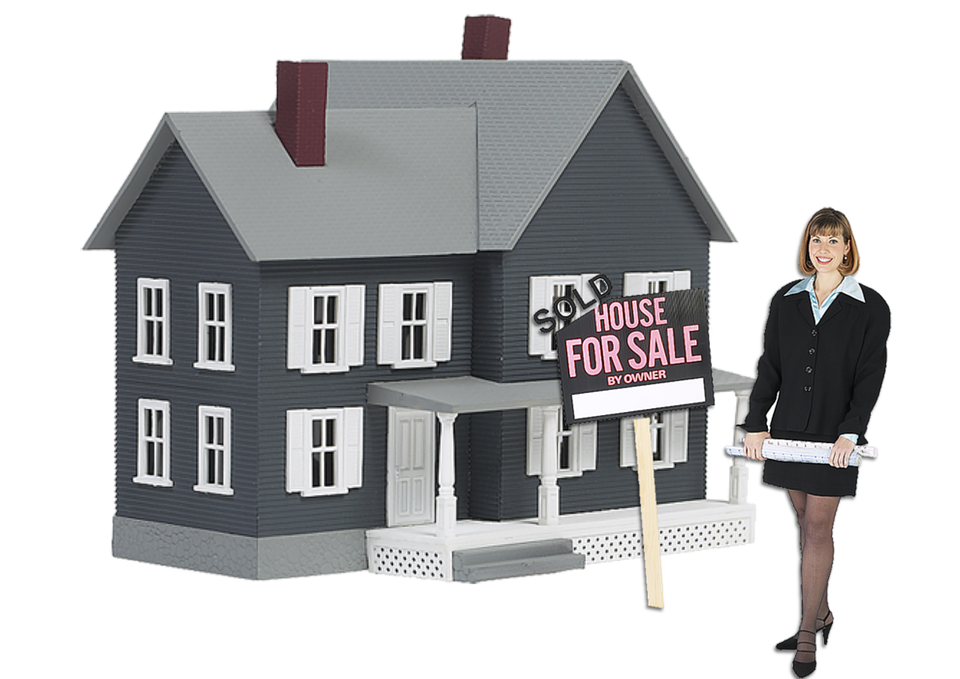Home should be a place of rest and comfort; a place where you and your family can happily go about your life in peaceful and quiet enjoyment. However, one unfortunate situation that has befallen many people is the issue of having a bad landlord. This can quickly transform your supposed paradise to hell.
In this post, you will learn about the telltale signs that will help you spot a bad landlord before signing that crucial agreement.
Characteristics of a Bad Landlord:
1. The building will look poorly maintained:
This is one sign that cannot be hidden. You may notice worn-out painting, cracked walls, leaky roofs, or other noticeable signs of neglect. When you complain about this, a bad landlord may either lie to you that the maintenance team have already been mobilized and will start work soon, or he may tell you the defects are not a big deal – (a statement that you will believe at your own risk).
2. General evasiveness:
Whether you are inspecting homes for sale in Palo Alto for instance, or even considering a lease, the story is the same. Whenever you notice that the landlord is not providing satisfactory answers to your questions, it will be wise to retrace your steps.
3. There are unclear clauses in the agreement:
This is another way through which you can tell that things are not right and will not be right anytime soon. You may see some clauses in the draft copy of the agreement which you don’t vividly understand.
When you ask questions, you may be told that it’s nothing, just mere formality. That’s a big red flag! When looking for homes for sale in Palo Alto, you should seek the advice and guidance of a realtor who will always protect your interest from malicious intents and purposes.
4. Desperation:
A bad landlord will most likely exhibit signs of desperation. You will notice a higher inclination towards collecting your money before any grey areas or uncertainties are sorted out.
When buying a home, you should place your funds in an escrow account before the successful substantiation of all documents. A bad landlord will likely tell you that you have nothing to fear but will disappoint you in less than no time.
5. Your instincts may tell you something is not right:
Chances are that a bad landlord would have exhibited many signs which somehow make you apprehensive and uncertain. You should learn to trust your instincts as they will not fail you most times.
Arriving for an appointment late and not apologizing, an unpleasant personality, an overbearing disposition, and other unwholesome acts are among signs that should keep you on your toes and get you accurately apprehensive about the deal.
6. Bad testimonies:
It is advisable to ask questions around the neighborhood about the personality of the landlord before parting with your money or signing any agreement. If none of the neighbors has anything good to testify say, you better abort the deal and seek for a better option.
Conclusion:
Miss Haven ensures you and your loved ones can bask in the modernity and conviviality Palo Alto is famed for staying in fantastic palaces for homes. Stay somewhere you are always eager to come back to, a house you are proud to call home!
Read Also:






















